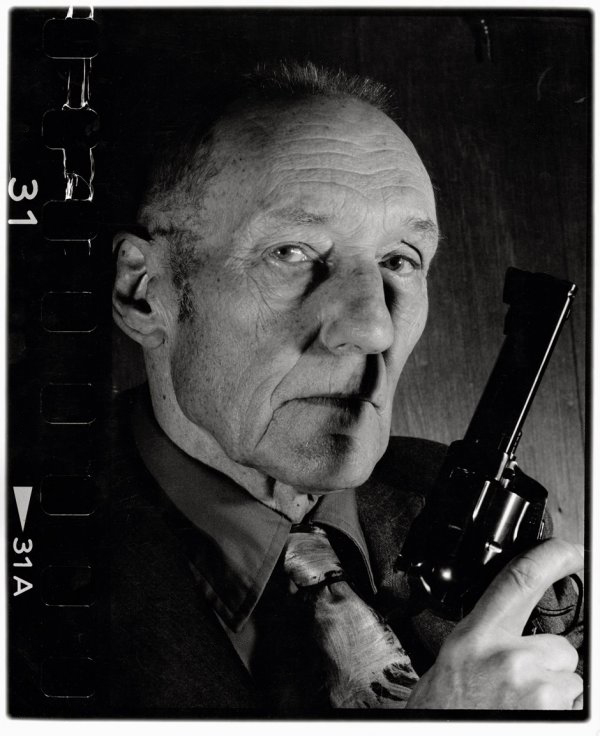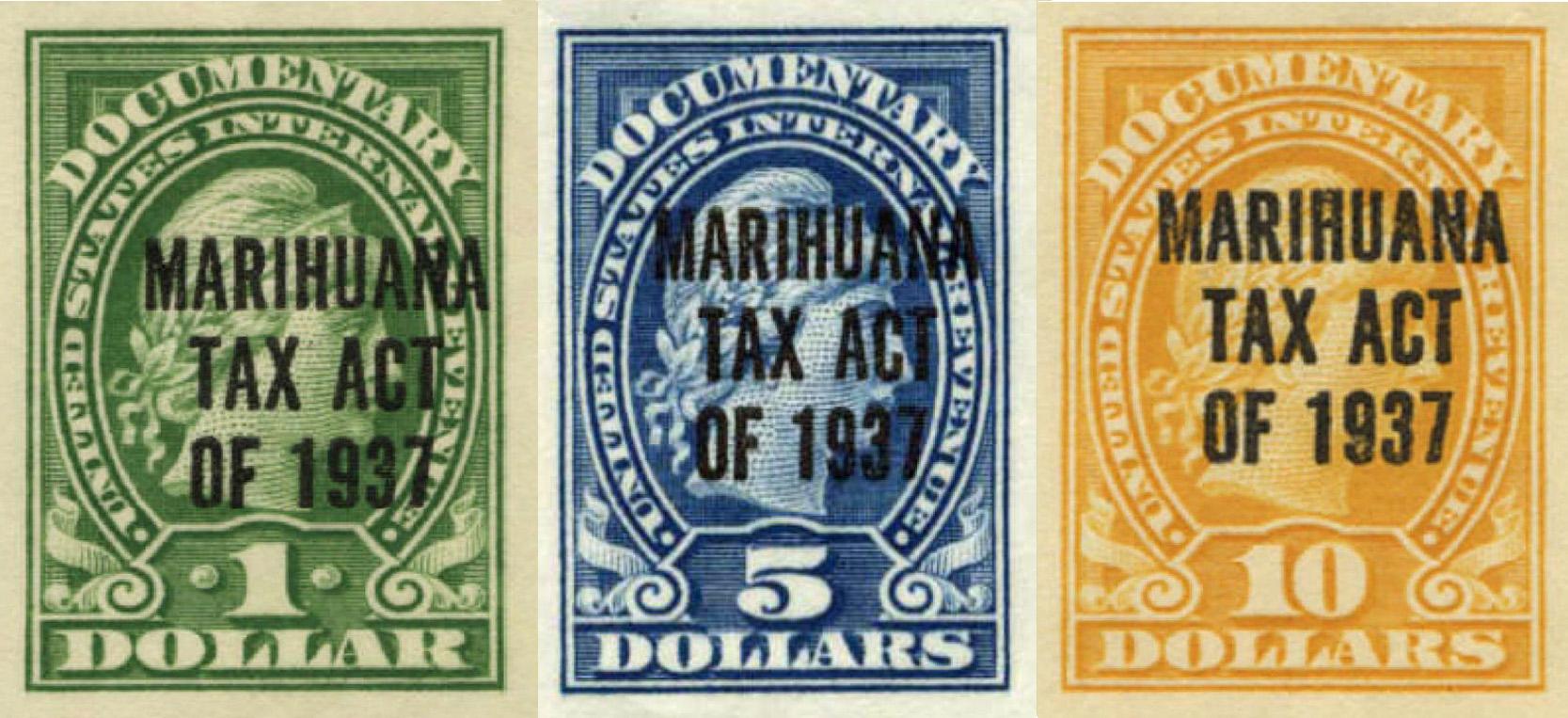|
Gay Wisdom for Daily Living brought to you by White Crane Institute ͏ ͏ ͏ ͏ ͏ ͏ ͏ ͏ ͏ ͏ ͏ ͏ ͏ ͏ ͏ ͏ ͏ ͏ ͏ ͏ ͏ ͏ ͏ ͏ ͏ ͏ ͏ ͏ ͏ ͏ ͏ ͏ ͏ ͏ ͏ ͏ ͏ ͏ ͏ ͏ ͏ ͏ ͏ ͏ ͏ ͏ ͏ ͏ ͏ ͏ ͏ ͏ ͏ ͏ ͏ ͏ ͏ ͏ ͏ ͏ ͏ ͏ ͏ ͏ ͏ ͏ ͏ ͏ ͏ ͏ ͏ ͏ ͏ ͏ ͏ ͏ ͏ ͏ ͏ ͏ ͏ ͏ ͏ ͏ ͏ ͏ ͏ ͏ ͏ ͏ ͏ ͏ ͏ ͏ ͏ ͏ ͏ ͏ ͏ ͏ ͏ ͏ ͏ ͏ ͏ ͏ ͏ ͏ ͏ ͏ ͏ ͏ ͏ ͏ ͏ ͏ ͏ ͏ ͏ ͏ ͏ ͏ ͏ ͏ ͏ ͏ ͏ ͏ ͏ ͏ ͏ ͏ ͏
|
|
||||
| This Day in Gay History | ||||
August 02Born 1924 - JAMES BALDWIN, American author, born (d. 1987); One of the most important social commentators in the United States, most of Baldwin's work deals with racial and sexual issues in the mid-20th century in the U.S.. His novels are notable for the personal way in which they explore questions of identity as well as the way in which they mine complex social and psychological pressures related to being black and gay well before the social, cultural or political equality of these groups was improved. One source of support came from an admired older writer Richard Wright, whom he called "the greatest black writer in the world." Wright and Baldwin became friends for a short time and Wright helped him to secure the Eugene F. Saxon Memorial Award. Baldwin titled a collection of essays Notes Of A Native Son, in clear reference to Wright's novel Native Son. However, Baldwin's 1949 essay "Everybody's Protest Novel" ended the two authors' friendship because Baldwin asserted that Wright's novel Native Son, like Harriet Beecher Stowe’s Uncle Tom’s Cabin lacked credible characters and psychological complexity. However, during an interview with Julius Lester. Baldwin explained that his adoration for Wright remained: "I knew Richard and I loved him. I was not attacking him; I was trying to clarify something for myself." This was also the year he met and fell in love with Lucien Happersberger. The boy was a seventeen-year-old runaway, and the two became very close, until Happersberger's marriage three years later, an event that left Baldwin devastated. Died 1589 - KING HENRY III of France dies (b. 1551); For a long time after his death, Henry was assumed to have been homosexual or at least bisexual. Although there are numerous credible references which document Henry's sexuality, it is still disputed, because, well, you know, what could be worse? For example, some modern historians, such as Erlanger, J.F. Solnon, Nicolas Le Roux and J. Boucher, manly men all, found evidence to support the idea that, not only was Henry not homosexual (though still perhaps bisexual), but he had many famous mistresses. They found that there were no men named (right…when they were shoving hot pokers of the poop chutes of same sex loving royalty, they’re going to record names) with whom he could have had sex, and that he was well-known at the time for his taste in beautiful women (hello…Mr. Blackwell?) They concluded that the idea of his supposed homosexuality was based on his dislike of war and hunting being interpreted as effeminate, an image cultivated by political opponents (both Protestants and ultra-Catholics) to turn the opinion of the French people against him. The scholar Louis Crompton provides substantial contemporary evidence of Henry III's homosexuality, and the associated problems at court and politics. 1986 - ROY COHN, Ugly American slime-ball politician/attorney died (b. 1927); During the Army-McCarthy hearings, Cohn denied having any "special interest" in Schine or being bound to him "closer than to the ordinary friend." Joseph Welch, the Army's attorney in the hearings, made an apparent reference to Cohn's homosexuality. After asking a witness if a photo entered as evidence "came from a pixie," he defined "pixie" for McCarthy as "a close relative of a fairy." The people at the hearing recognized the allusion and found it amusing; Cohn later called the remark "malicious," "wicked," and "indecent." Cohn and McCarthy targeted many government officials and cultural figures not only for suspected Communist sympathies, but also for alleged homosexuality. Cohn was, quite simply, a self-absorbed, power-hungry, manipulating and despicable human being. He lost his law license during the last month of his life. At this time, no less than National Review senior editor Jeffrey Hart referred to him as "an ice-cold sleaze." A dramatic, controversial man in life, Cohn inspired many dramatic fictional portrayals after his death. Probably the most famous is his role in Tony Kushner’s Angels In America: A Gay Fantasia on National Themes, in which Cohn is portrayed as a power-hungry hypocrite who is haunted by the ghost of Ethel Rosenberg as he lies dying of AIDS. In the initial Broadway production, the role was created by Ron Liebman; in the 2003 HBO version of Kushner's play, Cohn was played by Al Pacino. Cohn is also a character in Kushner's one-act play, G. David Schine in Hell. In 1971, businessman Donald Trump moved to Manhattan, where he became involved in large construction projects. Trump came to public attention in 1973 when the Justice Department accused him of violating the Fair Housing Act in his operation of 39 buildings. The government alleged that Trump's corporation quoted different rental terms and conditions to blacks and made false "no vacancy" statements to blacks for apartments they managed in Brooklyn, Queens, and Staten Island. Representing Trump, Cohn filed a countersuit against the government for $100 million, asserting that the charges were irresponsible and baseless. The countersuit was unsuccessful. Trump settled the charges out of court in 1975 without admitting guilt, saying he was satisfied that the agreement did not "compel the Trump organization to accept persons on welfare as tenants unless as qualified as any other tenant.” The corporation was required to send a bi-weekly list of vacancies to the New York Urban League, a civil rights group, and give them priority for certain locations. Several years later (in 1978) the Trump Organization was again in court for violating terms of the 1975 settlement; Cohn called the new charges "nothing more than a rehash of complaints by a couple of planted malcontents." Trump denied the charges. Cohn also counted Rupert Murdoch among his clients, pressuring President Ronald Reagan repeatedly in furtherance of Murdoch's interests. Cohn is credited with introducing Trump and Murdoch in the mid-1970s, marking the beginning of what was to be a deep and pivotal association between them. And for all of us, too, it turns out. 1997 - WILLIAM S. BURROUGHS, American writer died (b. 1914); John Waters described Burroughs as being "the first person who was famous for things you were supposed to hide." Much of Burroughs's work is semi-autobiographical, primarily drawn from his experiences as a heroin addict, a condition that marked the last fifty years of his life, his first novel being Junkie (1953). It is often satirical and darkly humorous, based upon his socially critical observances and "lifelong subversion" to the moral, political and economic systems of modern American society. In this respect, he is perhaps best known for his third novel Naked Lunch (1959), in which he popularized of the literary cut-up technique. In 1983, he was elected to the American Academy and Institute of Arts and Letters. Burroughs had one child, William Seward Burroughs III, , with his second wife Joan Vollmer, who died after Burroughs accidentally shot her in the head while drunk. While Burroughs was in early life secretive of his bisexuality, he later became openly homosexual, and a characteristic critique of homophobia features prominently in his work; he is cited as being one of the first people to use "queer", the title of his second novel, as a self-referential and positive term. He was the grandchild of the inventor William Seward Burroughs I and the nephew of the public relations manager Ivy Lee. Burroughs died at his home in Lawrence, Kansas after suffering a heart attack in 1997. Noteworthy 1937 - THE MARIHUANA TAX ACT OF 1937 is passed, rendering marijuana and all its by-products illegal. Woo Hoo! Tea party! This was one of the first acknowledgements by the US government of the new and notorious drug known as “marihuana.” The name itself, marihuana, was derived from Mexican Spanish, although the linguistic origins have been widely debated. From the Aztec language Nahuatl to the Chinese word ma ren hua, meaning “hemp seed flower,” marijuana truly has many roots, but the word was popularized by Harry Anslinger as part of his campaign to instill fear of the drug. Before this, it was commonly referred to as “hemp” or “cannabis sativa,” and was considered “a fashionable narcotic,” often found in over-the-counter pharmaceutical products like cough syrups. The Marihuana Tax Act of 1937 was originally passed to levy taxes on hemp products and on the commercial sales of cannabis products. Farmers could acquire tax stamps for the cultivation of fiber hemp, physicians would be charged a tax for prescribing cannabis, and pharmacists would be required to pay a tax for selling cannabis. The Ameican Medical Association was strongly opposed to the act, arguing against the measure in court and proposing instead that cannabis be added to the Harrison Narcotics Tax Act The law was enacted a year after the production of the notorious anti-cannabis film, Reefer Madness, originally titled Tell Your Children, but also known as The Burning Question, Doped Youth, and Love Madness. Reefer Madness was financed by a church group before being widely released as an exploitation film to warn the public about the dangers of cannabis use. It was just one in a long line of education-exploitation films of the era, including Marihuana (1936), Assassin of Youth (1937), and Devil’s Harvest(1942). Over the years, many have speculated that the reason for the campaign against cannabis boiled down to demonizing the hemp industry because it was a low-cost substitute for paper pulp. The paper industry, and more specifically, the newspaper industry, led the charge against cannabis with Anslinger. William Randolph Hearst, Andrew Mellon, and the DuPont family all had major investments in the timber and newspaper industries, and a rise of hemp would have seemingly undercut their profits. Curiously, years later, manufacturing paper with hemp as the raw material proved that hemp lacks the qualities needed to become a major competitor of the traditional paper industry, as it does not contain a high enough concentration of cellulose to be an effective substitute. The first person to be arrested under the Marihuana Tax Act of 1937 was precisely the person Anslinger and his cohorts sought to target with their cannabis crusade: a young, Mexican-American named Moses Baca, who had a quarter-ounce of cannabis tucked into his drawer in his third-floor rooming house in Denver’s Five Points neighborhood. Judge John Foster Symes sentenced Baca and made his disgust for cannabis well-known: “I consider marijuana the worst of all narcotics, far worse than the use of morphine or cocaine. Under its influence, men become beasts. Marijuana destroys life itself. I have no sympathy with those who sell this weed.” | ||||
|
|8|O|8|O|8|O|8|O|8|O|8|O|8|O|8| Gay Wisdom for Daily Living from White Crane Institute "With the increasing commodification of gay news, views, and culture by powerful corporate interests, having a strong independent voice in our community is all the more important. White Crane is one of the last brave standouts in this bland new world... a triumph over the looming mediocrity of the mainstream Gay world." - Mark Thompson Exploring Gay Wisdom & Culture since 1989! |8|O|8|O|8|O|8|O|8|O|8|O|8|O|8| | ||||
|
|||||
|







